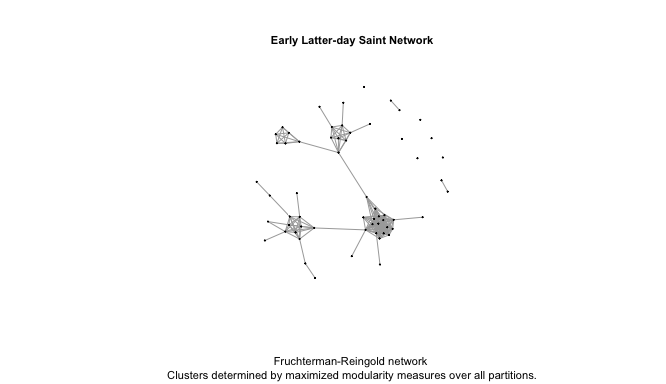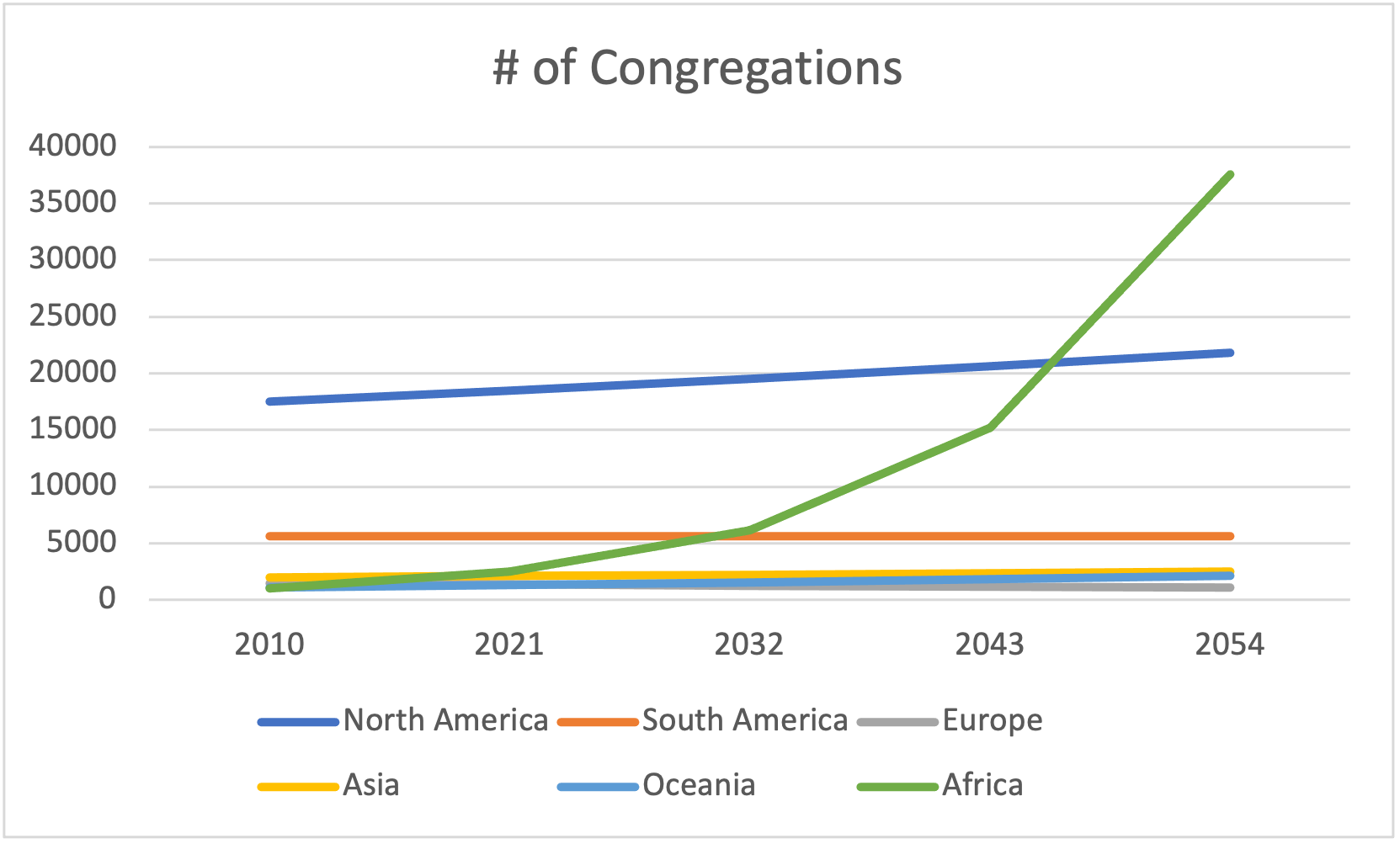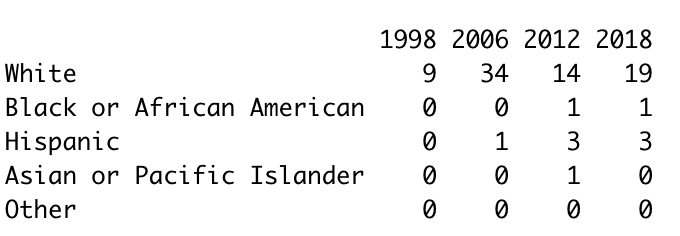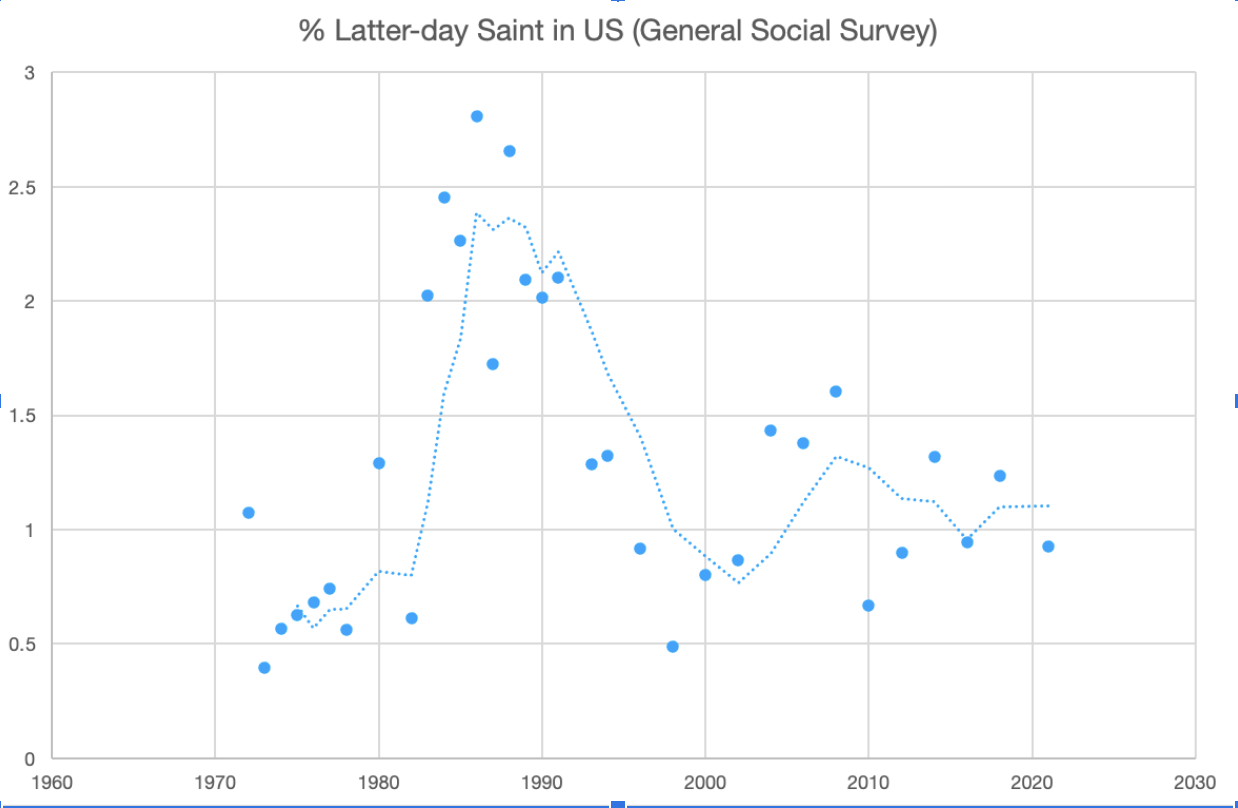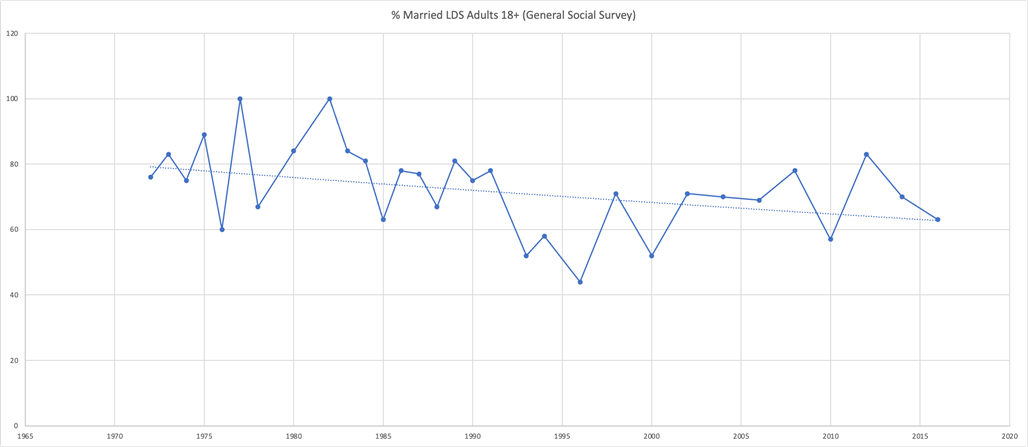Category: Liberal Arts
-
[Languages of the Spirit] Doubt
My husband frequently says of our team dynamic that he is the historian and I am the theologian, and that before I talk about anything I lay a theological framework for it. This is clearly interesting and endearing of me. The last couple of posts have been me laying the theological framework for this series,…
-
The Church’s Position on Sexuality
I’ve noticed a not-insignificant number of members, both orthodox and heterodox, assume that the Church’s position on human sexuality is a “just because the prophet said so” issue, and aren’t aware of any well thought out defenses of the Church’s (or conservative religion’s in general) position written by non-church leaders, so I’ve gone ahead and…
-
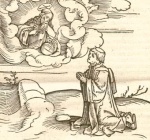
Making Sense of Prophecies (2): How to Read a Prophecy
Earlier scholarship has often understood the function of prophetic texts as providing information about the future.
-
Machine Translation
Two attitudes about translation are on my mind. One is about Joseph Smith: “Seeing words appear in a seer stone is magic, not translation. Translation is when you have the equivalent text in a foreign language, like Google Translate.” The other attitude is not uncommon among translators and translation clients: “Google Translate isn’t translation. It’s…
-
Notes on Book of Mormon Philology. Vb4. The utility of philology: Jacob and Sherem
Imagining the Book of Mormon as a complex work reflecting numerous steps of compilation and abridgment helps explain some curious features of the encounter with Sherem in Jacob 7.
-
Notes on Book of Mormon Philology. Vb2-3. The utility of philology: Nephite origins
Thinking of the Book of Mormon as the result of a series of textual accretions and combinations might help make sense of how curiously overdetermined the account of Nephite origins is.
-
Notes on Book of Mormon Philology. V.The permissibility and utility of philology for studying the Book of Mormon
Is philological deliberation useful for studying the Book of Mormon? Is it even permitted?
-
Notes on Book of Mormon Philology. IV. The Puzzle of 3 Nephi
Why is 3 Nephi, which records the central event in the history of Nephite salvation and destruction, located between Helaman and 4 Nephi?

